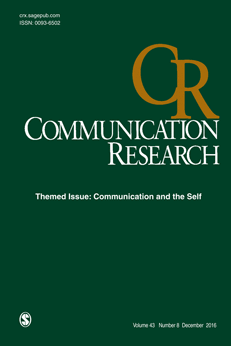 When zoologists at the University of Oxford published findings in Science last year suggesting ducklings can learn to identify shapes and colors without training (unlike other animals), the news media was entranced.
When zoologists at the University of Oxford published findings in Science last year suggesting ducklings can learn to identify shapes and colors without training (unlike other animals), the news media was entranced.
However, critics of the study have published a pair of papers questioning the findings, saying the data likely stem from chance alone. Still, the critics told us they don’t believe the findings should be retracted.
If a duckling is shown an image, can it pick out another from a set that has the same shape or color? Antone Martinho III and Alex Kacelnik say yes. In one experiment, 32 out of 47 ducklings preferred pairs of shapes they were originally shown. In the second experiment, 45 out of 66 ducklings preferred the original color. The findings caught the attention of many media outlets, including the New York Times, The Atlantic, and BuzzFeed.
Martinho told us:
Continue reading Headline-grabbing Science paper questioned by critics

 Can playing first-person shooter video games train players to become better marksmen?
Can playing first-person shooter video games train players to become better marksmen?  In March, 2013, a graduate student joined the lab of a prominent researcher in Australia, investigating new therapies for Parkinson’s. A few months later, everything fell apart.
In March, 2013, a graduate student joined the lab of a prominent researcher in Australia, investigating new therapies for Parkinson’s. A few months later, everything fell apart.  A California court ruled that fitness empire CrossFit can proceed to trial with its lawsuit against a competitor, alleging it published falsified data that hurt the company’s reputation, according to recently released court documents.
A California court ruled that fitness empire CrossFit can proceed to trial with its lawsuit against a competitor, alleging it published falsified data that hurt the company’s reputation, according to recently released court documents.


